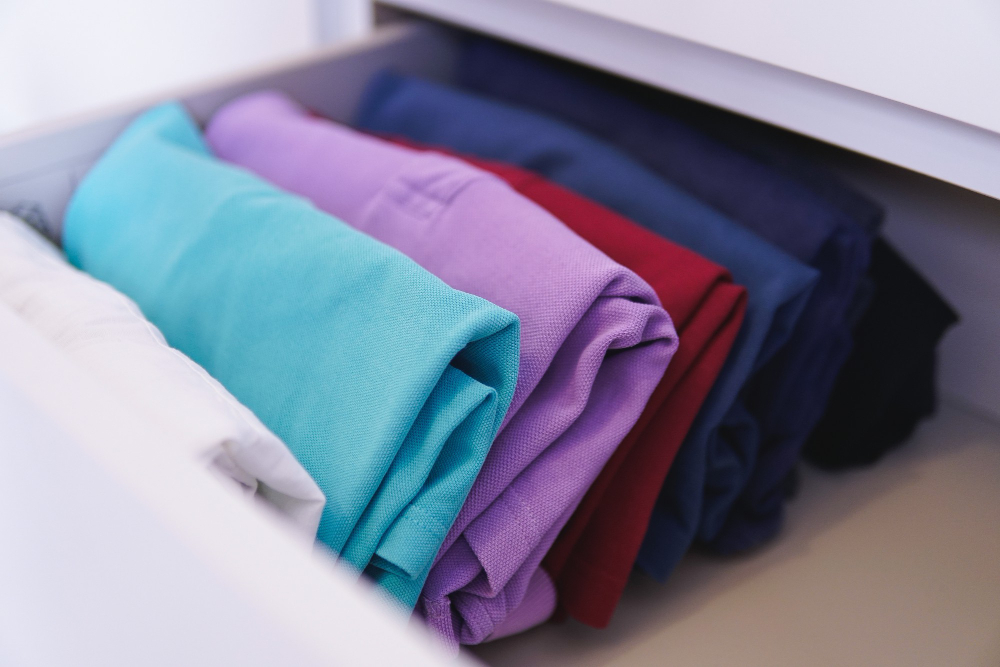
When it comes to wholesale t-shirts, businesses and individuals alike are drawn to the idea of bulk buying for various reasons—cost savings, versatility, and the opportunity to meet large-scale demands. Whether you’re purchasing for a retail shop, an event, or simply looking to customize t-shirts for a brand, understanding the nuances of the wholesale t-shirt market is essential. Here, we’ll dive into everything you need to know to make an informed decision.
Understanding the Wholesale Market for T-Shirts
The wholesale market for t-shirts operates on a different set of rules than retail. Instead of buying individual pieces, customers purchase in bulk, often at a discounted price. This offers significant advantages in terms of pricing but also demands an understanding of the industry to ensure quality, availability, and variety.
1. Quality vs. Price: What to Prioritize?
When purchasing wholesale t-shirts, striking a balance between quality and price is crucial. While the allure of cheaper prices can be tempting, low-quality fabrics or poor construction can lead to unsatisfied customers. A well-made t-shirt can improve brand loyalty and customer satisfaction in the long term. Wholesale vendors often provide options ranging from low-cost cotton blends to premium organic cotton, so make sure to evaluate the fabric composition carefully.
2. Fabric Choices and Their Impact
One of the most critical decisions in choosing wholesale t-shirts is selecting the right fabric type. Each material has unique qualities that affect the look, feel, and durability of the final product. The most common materials include:
- Cotton: Known for its softness and breathability, cotton is the most popular choice for t-shirts. It’s also ideal for customization, especially when screen printing or embroidering.
- Polyester: This synthetic material is often chosen for its durability and moisture-wicking properties. It’s also less likely to shrink after washing, making it ideal for activewear.
- Blends: Many wholesale t-shirts come in cotton-polyester blends, offering the comfort of cotton with the added resilience of polyester.
- Organic Cotton: For eco-conscious buyers, organic cotton provides an environmentally friendly option. Though more expensive, it appeals to consumers looking for sustainable fashion choices.
3. Sizing: Meeting Your Market’s Demands
Wholesale t-shirt suppliers usually offer a wide range of sizes to accommodate different body types. Whether you’re catering to children, teenagers, or adults, it’s crucial to ensure that the t-shirts you purchase come in the appropriate sizes for your audience. Common size categories include:
- Youth: XS, S, M, L
- Adult: S, M, L, XL, XXL, and larger
Some vendors may offer custom sizing or specialty sizes, so it’s essential to confirm availability before placing a large order. Having a varied stock of sizes ensures that you can meet the diverse needs of your clientele.
4. Color Variations and Customization Options
Another essential factor to consider is the range of colors and customization options available through your wholesale supplier. Most vendors provide a broad palette of colors, from basic white and black to vibrant, trendy hues.
Customization, such as screen printing, embroidery, and heat transfer, allows businesses to add logos, slogans, or unique designs. If customization is a key part of your business model, ensure that the t-shirts you purchase are conducive to your preferred printing methods. Some fabrics may not be as suitable for certain types of customization.
5. Shipping and Delivery Times
When ordering wholesale t-shirts, understanding the shipping logistics is crucial, especially if you have time-sensitive projects. Wholesale suppliers often have set minimum order quantities, and depending on the size of the order, delivery times can vary. Additionally, some suppliers offer dropshipping services, which can be advantageous for businesses that do not want to manage inventory.
Ensure that your supplier can meet your deadlines, and inquire about expedited shipping options if necessary. Always factor in shipping costs when calculating the total price per t-shirt to avoid unexpected expenses.
Conclusion
Navigating the wholesale t-shirt market requires a balance of understanding fabric choices, sizing options, and supplier reliability. By focusing on quality, exploring customization, and ensuring that your vendor can meet both your budget and timeline needs, you can make smart purchasing decisions that benefit your business. Whether for resale or promotional purposes, wholesale t-shirts offer versatility and value.







